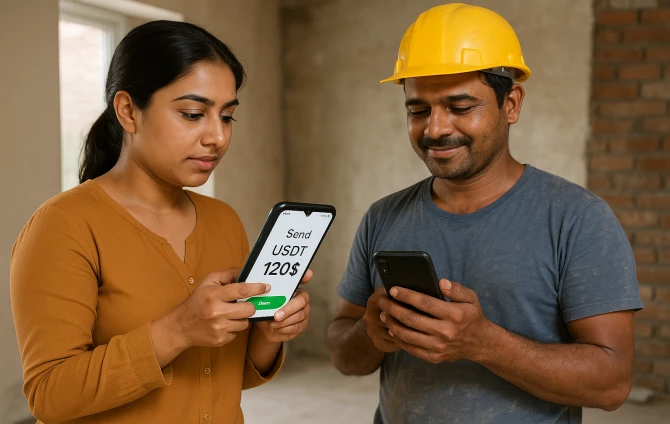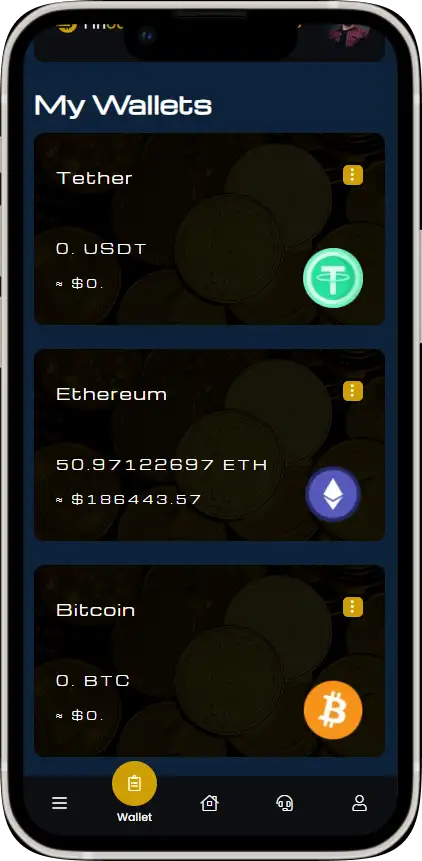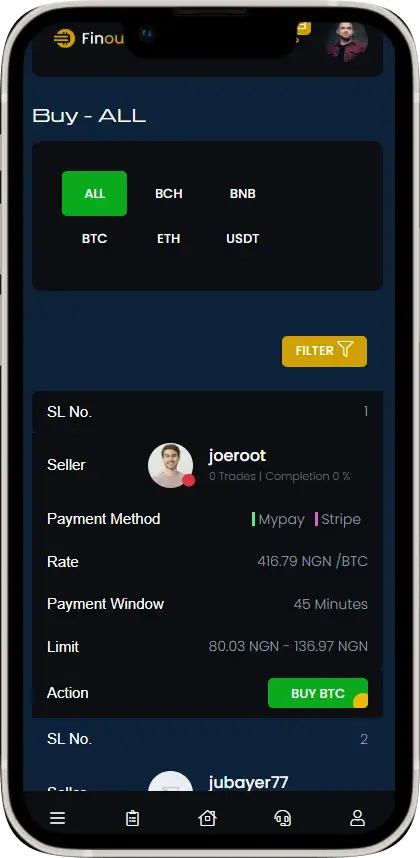
A Trust Beyond Borders: How a Wife’s USDT Transfer Revealed the Power of Crypto in Real Lives
The Arrival of the Message
On a hot and humid evening in Chattogram, Bangladesh, Jannat was peeling raw papaya in her kitchen when her phone buzzed. She wiped her hand with her orna and reached for the mobile. A new WhatsApp message had arrived from her husband, Rahim, who had been working in Dubai for the past two years.
“Jannat, I sent you 120 dollars in USDT. Please pay that to Bhaiya today. He helped with the boundary wall. You can send it to his mobile wallet.”
Jannat, not entirely sure how to go about it, replied, “Okay, I’ll try. Do you have his wallet ID?”
A few moments later, Rahim sent a string of alphanumeric characters.
She stared at it. USDT? Blockchain? Wallet address?
Her heart beat a little faster. It was the first time she would handle a cryptocurrency transaction herself.
Who is the Rajmistri?
The “Bhaiya” Rahim referred to was known in the area as Kabil Mia, a skilled but aging construction worker. He had worked on many homes in the neighborhood, including the wall Rahim wanted built before the monsoon.
Kabil Mia had no children of his own. He took care of his sick wife and supported his younger sister’s family. Rahim had given him the job out of respect, and Kabil Mia had worked hard, though he never directly asked for money.
“Apu, I heard Rahim Bhai is in Dubai now. No pressure… just let him know the wall is done. Allah will bless me.”
That one line had stuck with Jannat. She knew this wasn’t just about a wall—it was about dignity.
Understanding Crypto for the First Time
Jannat sat down with her phone and Googled: “How to send USDT in Bangladesh.”
Results popped up: Binance, Trust Wallet, TronLink. It felt like reading a different language.
But she persisted. She downloaded Trust Wallet, entered the recovery phrase Rahim had saved for her months ago, and opened the wallet.
The balance showed 120 USDT.
She was holding digital money sent thousands of kilometers away in seconds. It was empowering—and terrifying.
The Wallet Address
She went to see Kabil Mia the next morning. He was at a nearby site, mixing cement with his calloused hands.
“Bhaiya, do you use mobile wallet for dollar?”
“Hain Apu, ekta Trust Wallet ase. Amar bhai set kore diyechilo. Dollar to aajkal mobile e ashe.”
She noted down the address.
“Can you show it to me?”
He opened his dust-covered phone, and there it was: a Tron (TRC20) wallet address.
Jannat carefully copied it. She felt a sense of responsibility that exceeded the $120 amount.
The Send Button
Back home, she double-checked everything ten times. Then twenty. She pasted the address, selected “TRC20,” confirmed the amount, and tapped SEND.
Processing…
She held her breath.
Confirmed.
Just like that, 120 USDT was gone from her phone.
The Message from Kabil Mia
Fifteen minutes later, her phone rang. It was Kabil Mia.
“Apu! Amar phone e alert asche! Dollar ese geche. Apni boro manush. Allah apnar jibon bhalo korun.”
Jannat smiled in relief.
“Apnar doai thakuk Bhaiya. Amar husband er poribarer lok to apni o.”
In that moment, the gap between a laborer and a housewife collapsed into human connection—bridged by blockchain.
Rahim’s Reaction
That night, Rahim messaged:
“You did it? Everything okay?”
Jannat replied with a photo of the confirmation screen and a picture she took with Kabil Mia standing under the half-finished roof.
“Done.”
Rahim sent three emojis: 🥹❤️🔗
He was proud—not just because she sent the money, but because she crossed the invisible boundary of fear, learned something new, and fulfilled her role as an equal.
The Ripple Effect
In the weeks that followed, Jannat’s act became local legend.
Women in her neighborhood came to ask: “Apni ki bhabe USDT pathalen?”
Even the local tea stall owner asked her to help him set up a wallet for his son in Malaysia.
Jannat started a small WhatsApp group: “Crypto Shikkha (Crypto Learning)” where she shared guides in Bengali on sending and receiving USDT securely.
The Deeper Meaning
This was never just about a digital transaction. It was about:
-
Empowerment through learning
-
Trust between spouses across borders
-
A modern tool solving an age-old challenge of migrant labor
-
The dignity of honest work and timely payment
Lessons for the World
-
Crypto is not just for investors.
It can serve daily lives, especially in developing countries. -
Empowering women with tech changes entire families.
When Jannat succeeded, others followed. -
Trust is the true currency.
Rahim trusted his wife. Jannat trusted the network. Kabil Mia trusted humanity.
💡 Final Thought:
One wife. One phone. One transfer. One story.
And suddenly, crypto didn’t feel like a foreign idea anymore—it became as human as love, as local as a rajmistri’s phone in a dusty room.








